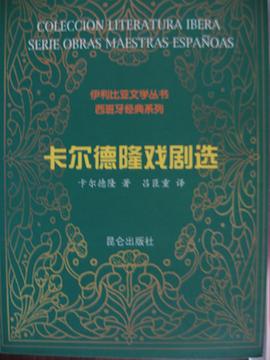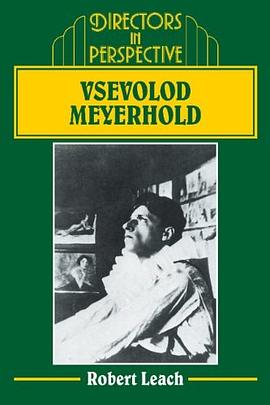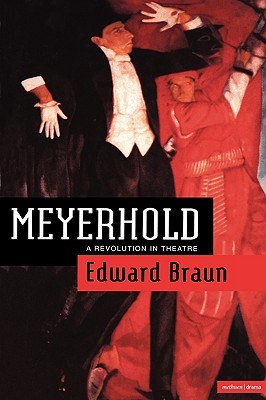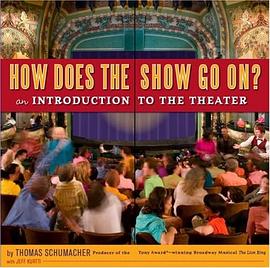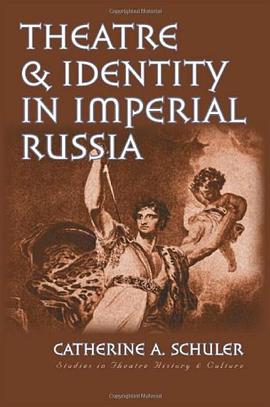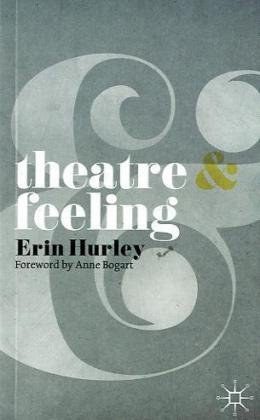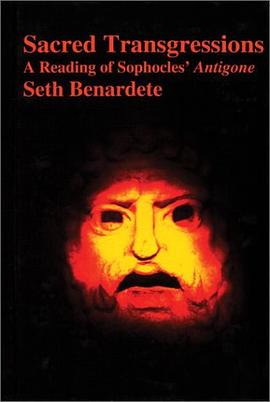

This detailed commentary on the action and argument of Sophocles' Antigone is meant to be a reflection on and response to Hegel's interpretation in the Phenomenology (VI.A.a-b). It thus moves within the principles Hegel discovers in the play but reinserts them into the play as they show themselves across the eccentricities of its plot. Wherever plot and principles do not match, there is a glimmer of the argument: Haemon speaks up for the city and Tiresias for the divine law but neither for Antigone. The guard who reports the burial and presents Antigone to Creon is as important as Antigone or Creon for understanding Antigone. The Chorus too in their inconsistent thoughtfulness have to be taken into account, and in particular how their understanding of the canniness of man reveals Antigone in their very failure to count her as a sign of man's uncanniness: She who is below the horizon of their awareness is at the heart of their speech. Megareus, the older son of Creon, who sacrificed his life for the city, looms as large as Eurydice, whose suicide has nothing in common with Antigone's. She is "all-mother"; Antigone is anti-generation.
具体描述
读后感
用户评价
相关图书
本站所有内容均为互联网搜索引擎提供的公开搜索信息,本站不存储任何数据与内容,任何内容与数据均与本站无关,如有需要请联系相关搜索引擎包括但不限于百度,google,bing,sogou 等
© 2025 onlinetoolsland.com All Rights Reserved. 本本书屋 版权所有

